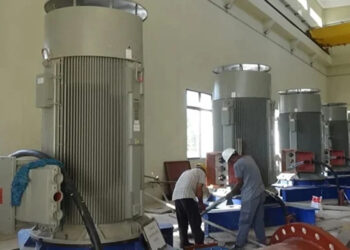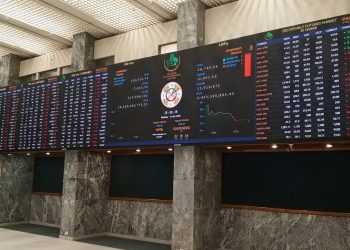Finance Minister Muhammad Aurangzeb on Wednesday hailed a current account surplus after a decade as a positive sign, projecting optimism for remittances to reach $35 billion.
Speaking at the Economic Coordination Committee in Islamabad, Aurangzeb highlighted progress toward economic stability but criticized middlemen for not lowering the prices of essential goods despite falling inflation.
He noted a contradiction where global prices of items like chicken, gram, and mash lentils dropped, yet domestic prices rose, attributing the issue to profiteering by intermediaries.
Aurangzeb shared that November recorded a current account surplus for the first time in ten years, with remittances growing by 35%. He also highlighted that Roshan Digital Accounts reached $9 billion, reflecting economic confidence. Additionally, he mentioned the KIBOR rate’s drop below 12%, which he said was fostering business optimism.
What’s going wrong?
Despite the government’s claims of decreasing inflation and economic progress, the prices of essential goods remain stubbornly high, creating a paradox for consumers. One key reason is the disconnect between policy measures and ground realities.
While inflation rates may have declined, the reduction is less significant than portrayed, and the benefits of these changes are not fully translating into lower consumer prices. Middlemen and profiteers exploit the situation by maintaining or increasing prices, even when global commodity costs have fallen, as seen in the case of chicken, gram, and mash lentils. This profiteering negates the impact of lower inflation, leaving consumers to bear the brunt of artificially inflated costs.


































